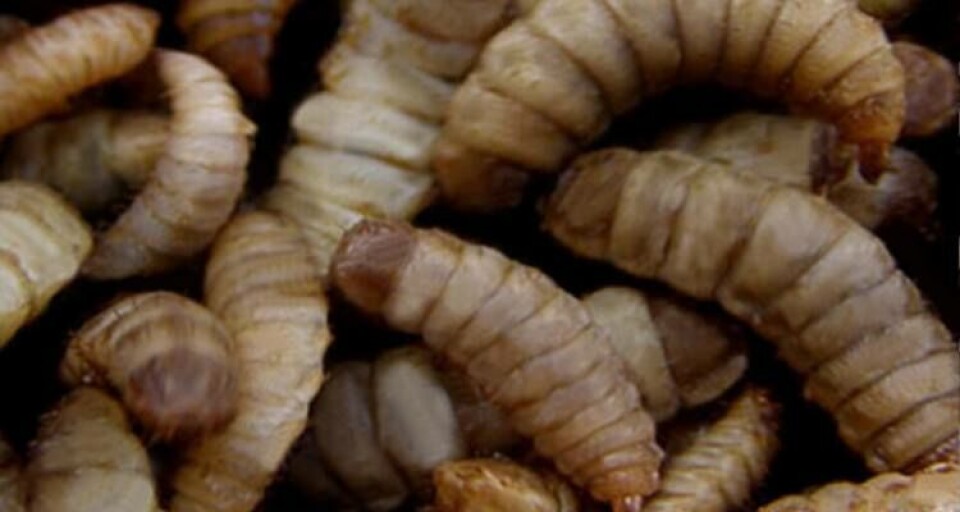
Alternative feeds ‘key for sustainability of fish farming'
Global adoption of novel feeds could substantially reduce aquaculture’s forage fish demand by 2030 while maintaining feed efficiencies and omega-3 fatty acid profiles, a study by researchers in Australia and the US has concluded.
The scientists pointed out that with the global supply of forage fish at a plateau, fed aquaculture must continue to reduce dependence on fishmeal and oil in feeds to ensure sustainable sector growth.
They combined production data, scenario modelling and a decade of experimental data on forage fish replacement using microalgae, macroalgae, bacteria, yeast and insects to illustrate how reducing future fish oil demand, particularly in high-value species such as salmonids, will be key for the sustainability of fed aquaculture.
Uncertainties remain
“Considerable uncertainties remain surrounding novel feed efficacy across different life-cycle stages and taxa, and various social, environmental, economic and regulatory challenges will dictate their widespread use,” said the researchers in the abstract to the article Global adoption of novel aquaculture feeds could substantially reduce forage fish demand by 2030.
“Yet, we demonstrate how even limited adoption of novel feeds could aid sustainable aquaculture growth, which will become increasingly important for food security.”
The article, lead authored by Richard S Cottrell, a tutor at the University of Tasmania tutor and postdoctoral scholar at the University of California Santa Barbara, is published in the journal Nature Food. Read the abstract or purchase access to the full article here.






















































